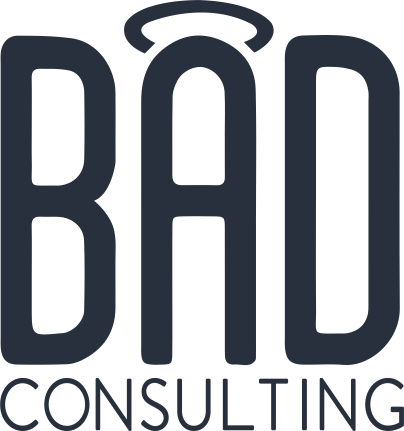Years ago, I went to a seminar at a conference for agency owners about contracts. And that’s when I realized people start work with clients before they sign a contract. This was mind-blowing to me. It leaves you open to so many things that could easily take your business down in a heartbeat.
So yes, I can easily answer the title question in the affirmative. If you were truly confused about that, I’m so glad you are here. Let’s get through this together and take a look at some items that need to be in your next contract with a client.
State-mandated contract language
This came into play for me when I signed a contract with a client in California. If you happen to decide to sign with a Californian company, the contract becomes much more involved. Because of this, I know a lot of people who avoid working with anyone located in California.
I’m not saying that you need to do that. I am saying that you need to be aware of any state laws concerning contractors and make sure you contracts include any language or information that is required. It’s best to be as safe as possible in case a bad break up happens. So bring a lawyer in to make sure your contract aligns with state laws.
Scope of work
Spell out your scope of work as clearly as possible. Leave no detail out. Why? Because there is always scope creep. A client will always ask you to do something that is not in the contract. If you have a fully detailed scope of work in your contract, you can just point to it. And then you can tell them that you would be happy to come up with a quote for the work if they would still like you to do it. Basically, having a detailed scope of work can save you time and earn you more money.
Do I sometimes just do a task for a client that’s outside of my scope of work? Definitely. But the point here is that I don’t have to if I don’t want to. And that’s all because of this section of my contract.
Ownership
Who owns the assets you create? Because I take loads of pictures in my line of work, I have it in my contract that I retain ownership. It’s not that I want all of these assets. To be honest, I delete most of them after I am finished with a client. It’s just that it’s a whole lot of content to transfer over, especially when I am with a client for years. So for sanity’s sake, I retain the ownership.
I have only had one client who didn’t read this line in my contract and demanded everything I had ever created for them. I gave it to them. In that case, it was easier to just give it to them than to argue. But that clause is there in case I decide I don’t want to give up those assets.
Payment terms
How much are you charging for this work? Is that weekly, monthly or something else? Are there late fees? What are those? What expenses are included within that fee? And what is not included? Having all of this spelled out will make it easier for you to get paid and to get paid on time. Obviously that is super busy for any business.
Term and termination
How long is that contract for? And what is grounds for termination? And what happens when the contract is terminated? Talking about how a relationship will end is never fun. But this will make that ending so much smoother and it will be so much easier to maintain respect for each other. So think of what a good ending for you looks like and write it out within the contract. It will make that good ending more likely and that means they will be more likely to recommend you in the future.
Limitation of liability
This is super important if your client ever gets into a lawsuit, as it can come back onto you as well. So I have a limitation of liability clause that makes me not liable if I post on social media based on bad information from the client. With how fast paced social media can be, it’s not unusual for someone to make a mistake. And sometimes that mistake shows up in a social media post I make based on that information. That can happen even if the client’s eyes are on the post. It’s important to protect yourself against those mistakes, because you never know when they might become a huge deal.
Other items
In no way can I give you an exhaustive list of what should be in your contract. Everyone’s business is a little different, so to make sure you get everything in, you should definitely speak to a lawyer. Otherwise, you will be open to lawsuits and a bad ending with client. Either one could end your business. So protect both yourself and your business by having a lawyer make sure your contract is as exhaustive as possible.
What is your must-have clause in your contract?


2 responses to “Do you need a contract to work with clients?”
[…] the puzzle pieces you can. You won’t get them all from a potential client before you sign a contract, but you’ll get some idea of what there is to work with. Create a customized offering and […]
[…] significant number of my clients don’t read my contract. I don’t know why. But if they did, it would stop most problems before they start. […]